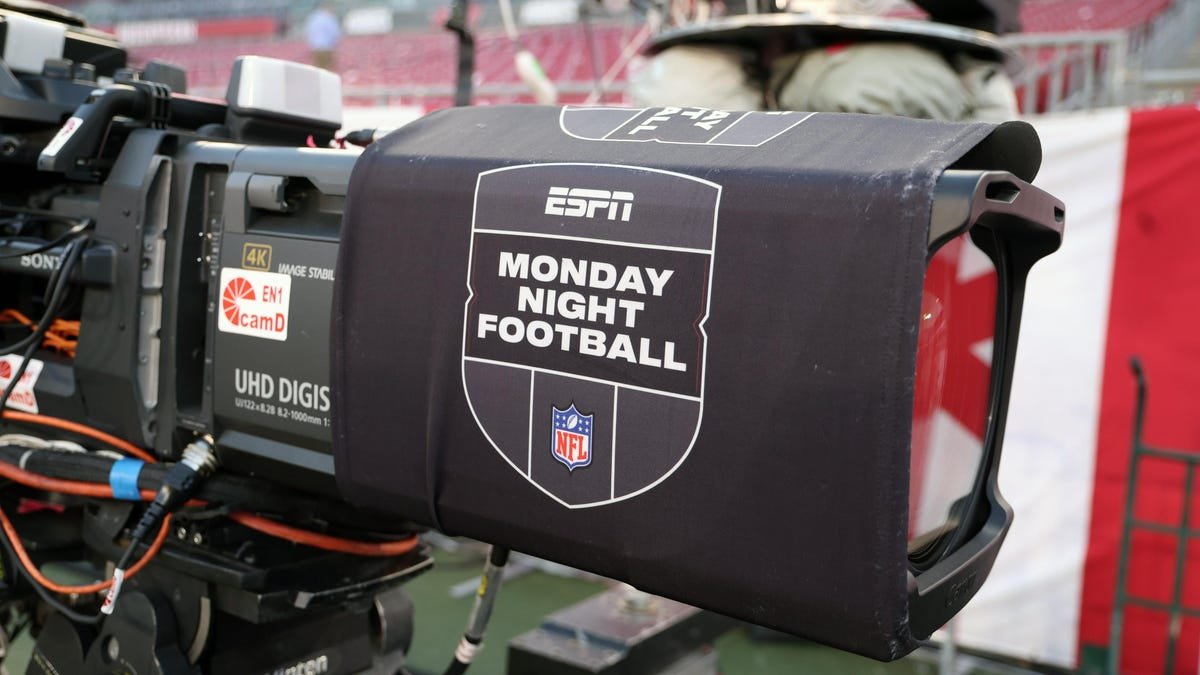Buffalo Bills head coach Sean McDermott has found himself in hot water after making a controversial analogy during a team meeting. In an attempt to emphasize the importance of communication and teamwork, McDermott cited the terrorists behind the September 11 attacks as an example of a group of people who were able to come together and orchestrate their actions perfectly.
The comments, which were revealed in an investigative feature by independent journalist Tyler Dunne, have sparked backlash and criticism. Anonymous players and staffers spoke out about the incident, with some expressing their shock and disbelief at the analogy. One coach even described McDermott as “clueless” and unaware of the impact of his words.
McDermott has since apologized to his players for his 9/11 analogy, acknowledging that it was inappropriate and insensitive. However, the incident has raised questions about the culture within the Bills organization and McDermott’s leadership style.
Dunne’s investigative feature, titled “The McDermott Problem,” delves into the cultural issues that exist within the Bills organization. Based on 25 conversations with anonymous players and staffers, the article highlights various concerns and criticisms of McDermott’s coaching methods.
While McDermott may not have had bad intentions with his analogy, it serves as a reminder of the importance of sensitivity and awareness when discussing tragic events like 9/11. Such comparisons can be harmful and offensive, especially to those directly affected by the attacks. As leaders, it is crucial to choose our words carefully and consider the impact they may have on others.
This incident also underscores the need for open dialogue and communication within sports teams. Players and staff should feel comfortable speaking up when they have concerns or when they find certain comments or actions inappropriate. Creating a safe and inclusive environment is essential for fostering teamwork and success.
Moving forward, McDermott and the Bills organization must address the cultural issues raised in Dunne’s article and take steps to ensure a more respectful and inclusive environment. It is through learning from our mistakes and actively working towards positive change that teams can grow and thrive.





